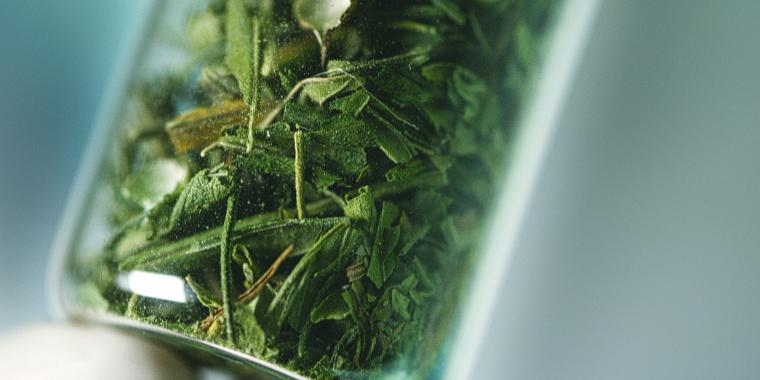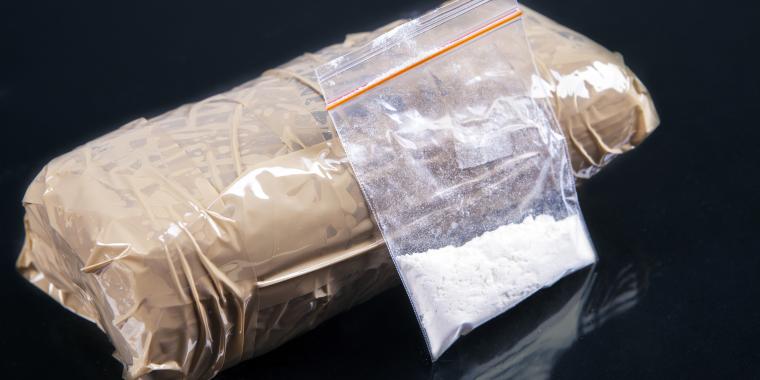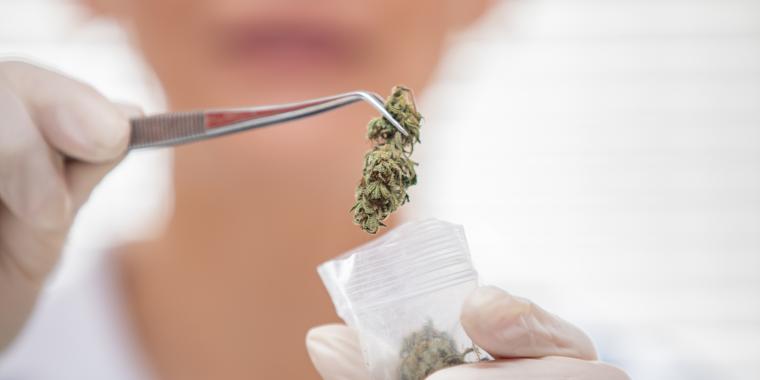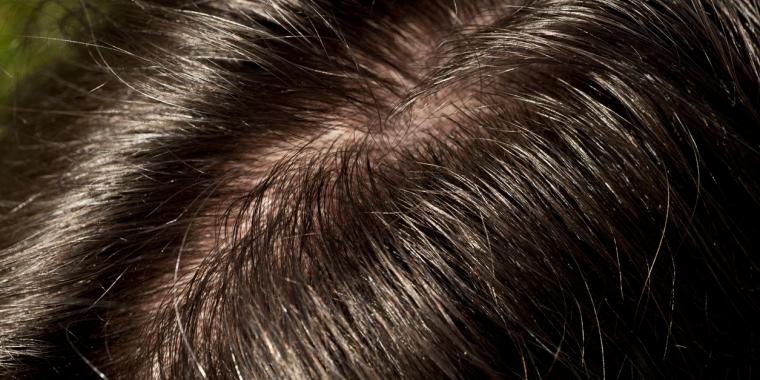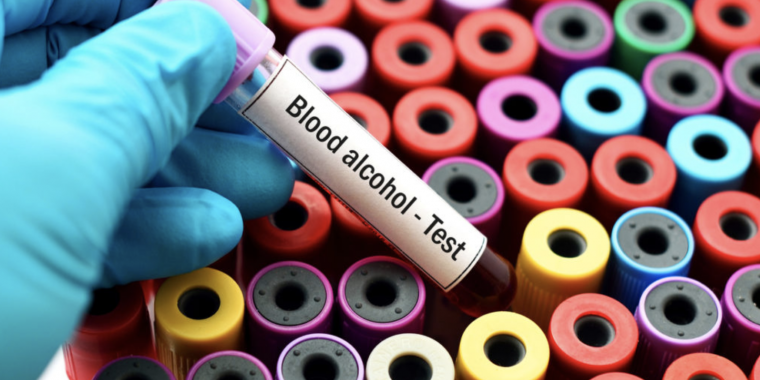Blog
A Guide to Ketamine Drug Testing
Ketamine is a class B drug under the UK Misuse of Drugs Act 1971 and it is illegal to possess, supply, or produce ketamine. If caught with ketamine, you could face up to five years in prison, an unlimited fine, or both. Supplying ketamine could land you in jail for up to 14 years. Ketamine is... Read More
Drug Metabolites (Part 5) Cannabis Case Study
Cannabis Case Study The donor advised that he has never consumed cannabis, but is in an environment where cannabis is frequently smoked. Participant - Adult male Type of testing - Hair strand testing (HST) Detection period - 3 months approximately (overview) Results: Table 1:... Read More
Drug Metabolites (Part 4): Child Cocaine Case Study
Cocaine Case Study The child is suspected of being in an environment where cocaine is frequently being consumed. Background: Participant - Child (Age 4) Type of testing - Hair strand testing (HST) Detection period - 4 months (segmented) Discussion: Cocaine... Read More
Drug Metabolites (Part 3): Cocaine Case Study
Cocaine Case Study The mother is trying to prove the cessation of cocaine in order to reinstate custody of her child. Background: Participants - Mother Type of testing - Hair strand testing (HST) Detection period - 3 months (segmented) No chemical... Read More
Drug testing: Drug Metabolites (Part 2)
In part 1 we touched on how metabolites assist in interpreting results, so this week we are going to look at this in more detail, and how a few common drugs and their metabolites can tell us about patterns of usage. We will follow this up in part 3 with a case study to illustrate how we at DNA... Read More
Drug testing: Drug Metabolites (Part 1)
What is a metabolite? When a drug has been consumed, the body breaks down the drug, in order to eliminate the drug from the body. During this “breakdown” chemical alteration to the main drug occurs and therefore creates a different substance; a metabolite. Drug metabolites are helpful in... Read More
Alcohol Blood Testing: Hair strand testing combined with PEth
Phosphatidylethanol (PEth) in the blood is a highly specific, stable, and sensitive marker that is capable of distinguishing between teetotallers, social, chronic and excessive drinking behaviour. It is considered a direct biomarker of alcohol meaning it is only produced after someone has... Read More
Alcohol Blood Testing: Traditional Vs PEth Testing
Traditional Tests Include 1. Liver Function Testing (LFT) is a medical test used to assess the health of the liver. When chronic excessive alcohol levels have been consumed, it can cause the liver to be damaged. Therefore, analysing the health of the liver can help to determine whether an... Read More
EtG and FAEE, the Two Key Alcohol Markers
What is EtG? Ethyl Glucuronide (EtG) is a direct biomarker and is specific to alcohol; meaning it is only produced in the presence of alcohol. EtG is mainly incorporated into the hair and nails from the bloodstream via the hair bulb (for hair) and via the nail bed and nail root (for nails). This... Read More
Alcohol containing products impact on your alcohol results of hair strand testing (HST)
The impact of alcohol-containing hair products on alcohol hair strand testing (HST) is a common question that arises in alcohol monitoring cases. For testing historical alcohol use in hair, there are two main markers of alcohol which are tested for; Ethylglucuronide (EtG) and Fatty Acid... Read More
What is an expert witness report and how to get one
The legal world is something of a minefield for those who are not trained in the art of understanding it. With complicated laws, technical exceptions, and a shedload of paperwork involved in each case, it really pays to have an expert opinion that can add weight to your cause. For all of... Read More


